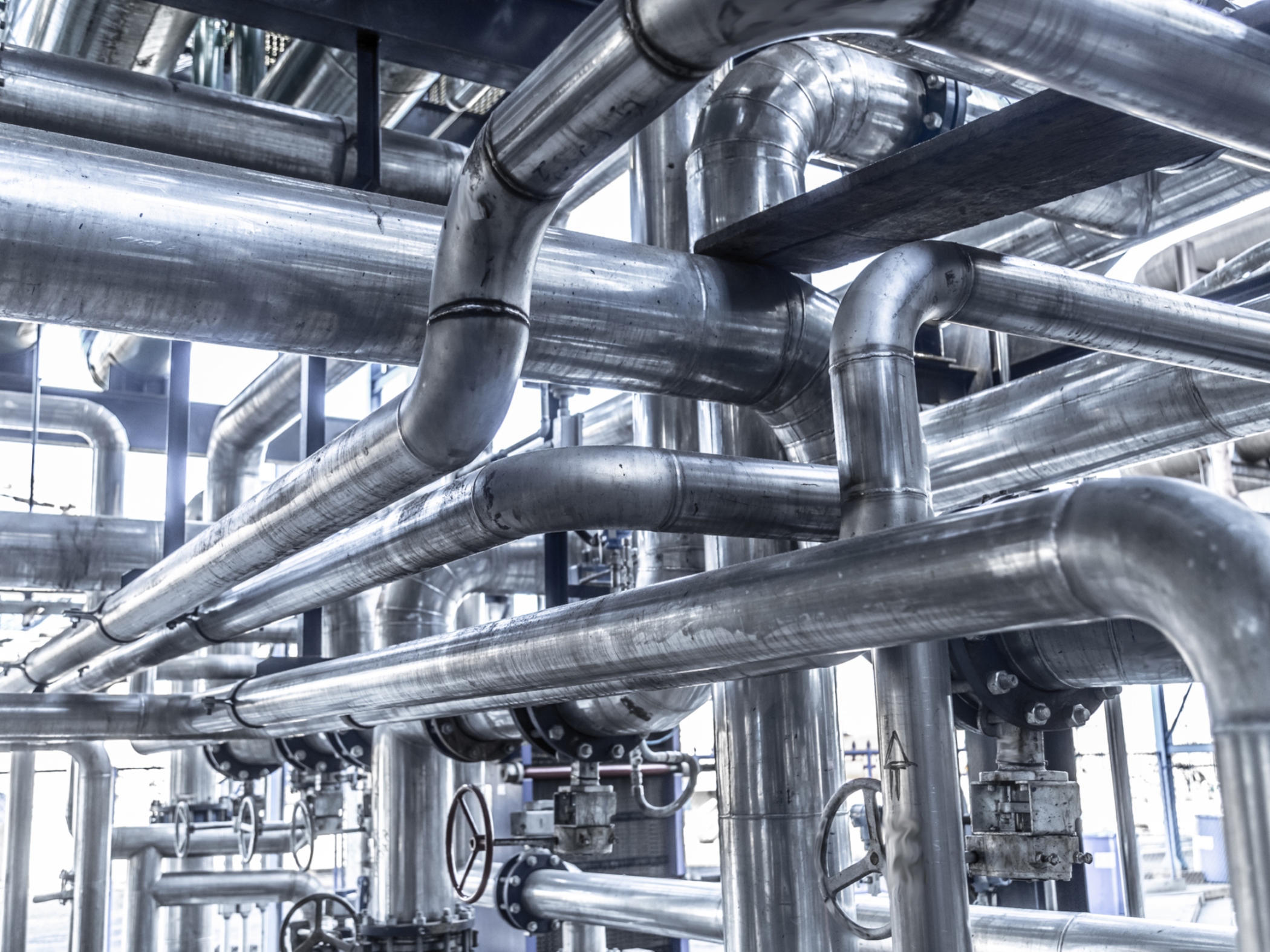Electric Boilers Offer Powerful Benefits

Natural gas boilers are widely used to provide steam and hot water in commercial and industrial facilities. As more electric power is being generated by clean, renewable sources, however, boiler operators are considering making the switch to electric. They can benefit from the smaller environmental footprint, as well as the additional advantages that electric boilers have to offer.
How electric boilers work
There are three types of electric boilers used in commercial and industrial facilities:
- Hot water boilers — up to 3,360 kW, 600 V, 250 psig, and 11.5 million Btu/hr
- Resistance element steam boilers — up to 3,375 kW, 600 V, 250 psig and 11,813 lb/hr
- Electrode steam boilers — up to 102 MW, 25 kV, 450 psig and 340,000 lb/hr of steam
Hot water and steam can be generated by immersing metal resistance heating elements in water and passing a current through them. The current flow heats the element which subsequently heats the water. Immersion resistance heating element boilers may have up to 220 heating elements that draw a total of 4,000 amperes of current.
Electrode boilers provide an alternative method for making stem. This high-voltage, jet-type steam boiler utilizes water as a resistor to conduct electrical current and create heat to generate steam. Electrode boilers are fed with water containing conductive substances, like salts. The departing steam, however, is free of these substances. Electric heating elements and electrodes are usually grouped to provide four or more stages of heating using relay staging.
The benefits of electric boilers
Electric boilers have several advantages over boilers fueled by natural gas:
- No onsite emissions
- Intrinsically safer operation with no combustion hazards
- No air intake
- Quiet operation
- Higher efficiency — 100% vs 85%
- Smaller footprint and flexible location
- Faster response time
- Minimal maintenance
Electric boilers can be positioned almost anywhere in your facility. They don't have an exhaust vent flue that has to be run through a ceiling, nor do they have to be placed near an exterior wall.
Despite their many advantages, electric boilers do have a few drawbacks that should be considered:
- More expensive to operate depending on energy rates
- Lower total heat capacity
- Not available during power outages
- Scale formation can insulate the electrodes, which results in reduction of current and boiler output, so deionized or distilled water is recommended
- Can increase facility peak demand
Good applications for electric boilers include hydronic space heating, process heating, humidification, distillation and sterilization. If you need hot water or steam for your facility or operations, consider electric boilers and their many advantages.